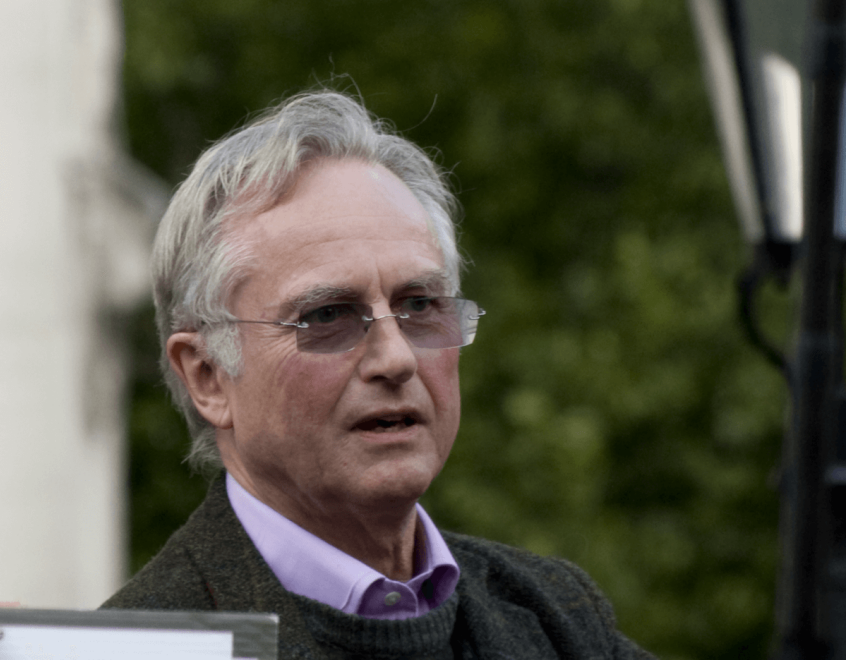Religious people are less likely to be autistic, schizophrenic or left-handed than atheists, an academic study is claiming, as it says faith is passed on genetically.
Belief in God and a desire for religious rituals is built in, and before the industrial revolution this tendency was passed down genetically through natural selection because it benefitted the wider society, the study claims.

Atheism is a form of genetic mutation, the research says, and as life became more comfortable natural selection stopped weeding out these traits and belief in a moral God declined rapidly.
Edward Dutton, a British academic and Adjunct Professor of Anthropology of Religion at Oulu University, Finland, groups similar genetic mutations that affect the mind as left-handedness, autism and schizophrenia.
'Complex pre-industrial societies were strongly selected not merely to be religious in a general sense, but to revere and believe in moral gods who were concerned with people"s moral behaviour and to engage in collective rituals to worship these gods,' the study says.
'Insomuch as selection continued up until the Industrial Revolution, we would expect people to have become increasingly religious in this specific way across time.'
It adds: 'England became more religious, more fervent in dedication to God, across the Middle Ages. By the eighteenth century, God was strongly believed in while genuine belief in spirits – comparable to those of hunter-gatherer societies – had gradually died off, increasingly dismissed as superstition.'
It goes on: 'The relaxation of selection would lead to deviation from this very carefully selected religious norm. These deviations would be diverse, and might appear to be superficially very different. However, as they are underpinned by the same process – increasing genetic mutation affecting the mind – we hypothesise that they would be associated with the same genetic correlates.'
Dutton says the same genetic phenomenon explains the modern rise in belief in a spiritual world but not in a single moral deity.
The study identified people who were left handed, autistic, or had schizophrenia and examined whether they were religious. It found a 'weak but significant' link between left-handedness and being non-religious, and a stronger connection between autism and being non-religious.













